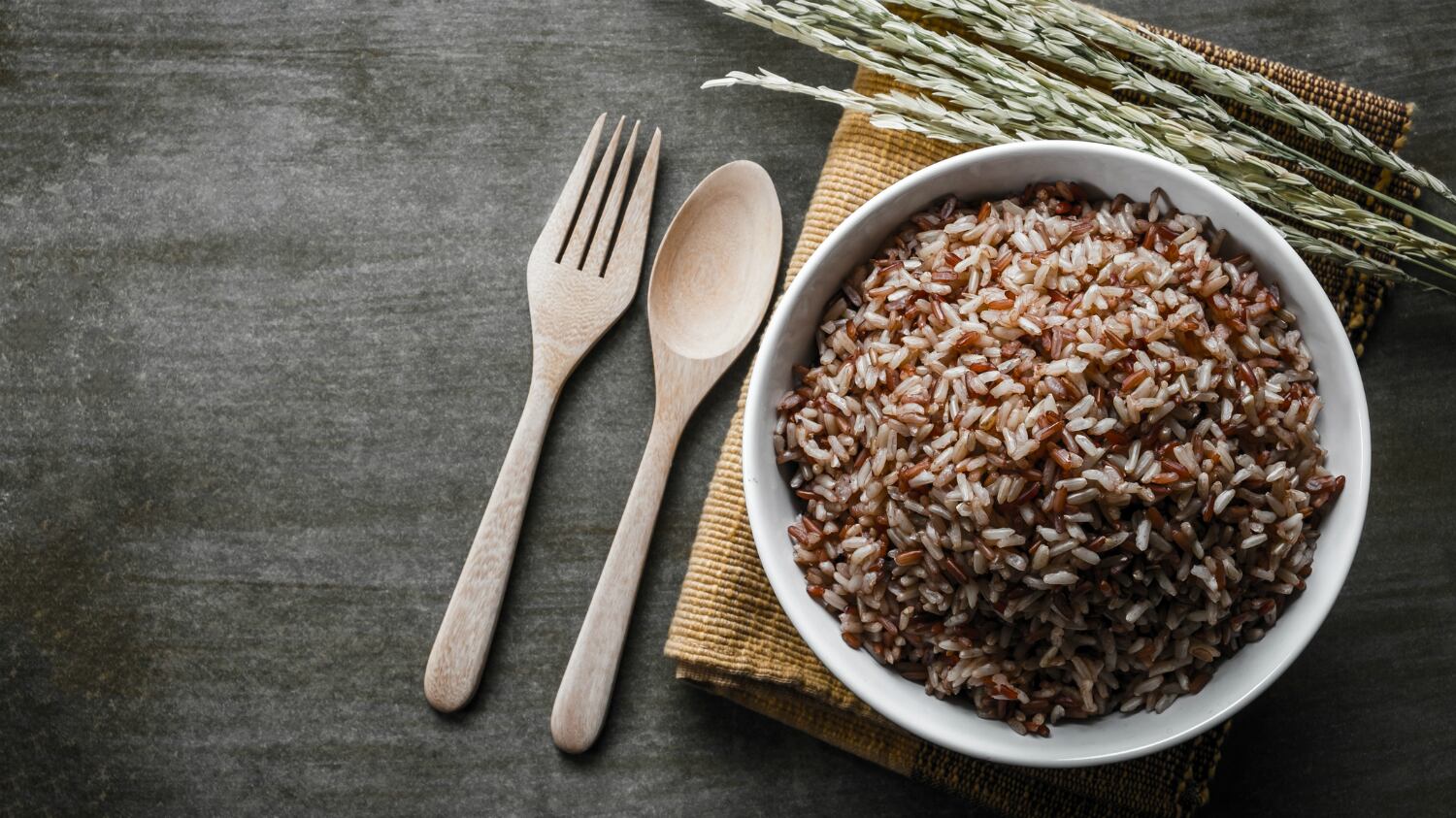Detrimental to digestion? Tea consumption linked to GERD in East Asians: Chinese review
Tea consumption may increase the risk of gastroesophageal reflux disease (GERD) in East Asian populations, according to a meta-analysis by Chinese researchers.
GERD is one of the most common digestive system disorders, and is typically linked to dietary and lifestyle factors. Tea consumption, especially in Asian populations, has been associated with GERD, though its impact on the risk of developing GERD remains a controversial topic.
Researchers at China's Jining No. 1 People's Hospital, Changhai Hospital, and Second Military Medical University carried out a meta-analysis to investigate the link between tea-drinking and the risk of GERD.
Precision in policy: Academics in India warn of possible iron 'overdose' from food fortification
Indian government standards for food fortification, meant to combat widespread iron-deficiency anaemia among women, may instead lead to health problems due to excessive iron consumption, academics have warned.
Researchers from the St John's Research Institute (SJRI) in Bangalore and Sitaram Bhartia Institute of Science and Research (SBISR) in New Delhi have reported that government policies on food fortification and iron tablet supplementation may in fact have harmful effects on women of reproductive age (15 to 49 years old).
According to a study published in The Journal of Nutrition, the average daily iron requirement for most Indian women is 15mg, 6mg lower than the current 21mg recommended by an expert group within the Indian Council of Medical Research (ICMR) in 2010.
Adequate prenatal omega-3 intake can vastly lower preterm birth risk: DSM expert
Expectant mothers need sufficient prenatal omega-3 intake to reduce the risk of preterm birth and ensure healthy development for their offspring, according to a DSM expert.
Dr Femke Hannes, DSM Nutritional Products APAC's regional lead for Nutrition, Science and Advocacy, was addressing the topic at the recent NutraIngredients Omega-3 Summit, held in Singapore.
She said: "If a baby is born too early, its chances of success are already lower. Statistics tell us there are a huge number of pre-term births around the world, and there is no preventive strategy in place to help lower these numbers."
High-dose B vitamin supplementation may support brain health and disease prevention: Blackmores-backed RCT
B-group vitamin supplementation may have a dose-dependent effect on cognitive health and disease prevention, according to an Australian RCT funded by Blackmores.
A vitamin B-rich diet is highly recommended for optimal cognitive and physical function, and insufficient B vitamin intake has been linked with elevated levels of oxidative stress and neural inflammation, indicated by increased blood plasma homocysteine.
At the same time, however, little is known about neural biomarkers of oxidative stress — as quantified via proton magnetic spectroscopy (1H-MRS), and the association between such blood and neural biomarkers has not been widely studied.
Absorption enhancement: Australian human clinical trials show effectiveness of novel delivery method
The body's absorption of omega-3 increased by six times after taking a supplement that used the self micro-emulsifying delivery system (SMED) from Pharmako Biotechnologies, a series of human clinical trials conducted in Australia has found.
David Briskey, research fellow from the University of Queensland (UQ), Australia, presented findings from the trials while speaking at the recent NutraIngredients Omega-3 Summit.
Conducted by UQ and RDC Clinical, the trials studied the effectiveness of a patented SMED, AquaCelle, a delivery system developed by Pharmako Biotechnologies. Using the right delivery method is important since lipids, including omega-3, are hydrophobic in nature and hence, not easily absorbed by the body.



